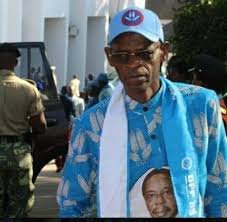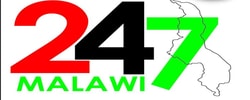By Linda Kwanjana
Democratic Progressive Party National Governing Council (NGC) Senior member Hon Ken Msonda has backed the Malawi Government decision of pelting 44 % devaluation on the kwacha.
In a exclusive interview, Msonda said the truth is that the current devaluation has nothing to do with the current President Dr Lazarus Chakwera.
The kwacha devaluation has nothing to do with chakwera as a head of state.
“It is a global economic crisis; international economic hit men are behind it. Many African nations, especially poor nations have devalued currencies.
At the moment African nations are in the process of agreeing to trade in their local currencies among African nations using AfrixBank,” he said.
He said Russia is in the forefront funding AfrixBank with billions of dollars and encouraging African nations to trade in their local currencies among themselves using this bank.

He said what is currently happening is an international monetary war between USA, UK, NATO on one hand and Russia, China, Arab nations on the other hand.
“Russia/Ukraine and now Israel/Hamas wars are just the beginning of more problems for poor African nations, Malawi inclusive,” he said.
Msonda said Malawi shall be the worst victim in this case because the country imports too much and exports too little besides depending too much on IMF, World Bank and other western and European countries for budget support and aid.
Reserve Bank of Malawi finally endorsed the exchange rate of K1,700 to a United States Dollar. The new exchange rate is with effect from today 9th November 2023, according to RBM Governor, Dr. Wilson Banda, who issued a statement Wednesday..
The Malawi Confederation of Chambers of Commerce and Industry (MCCCI) has been relentlessly calling for devaluation aimed at re-aligning the Kwacha. The MCCCI repeated this call a few days ago cautioning that there should, as a requisite condition, be a guarantee of forex in-flows and safety nets to cushion the poor.
The key strategy in cushioning the poor is to ensure that staple food prices remain contained.










